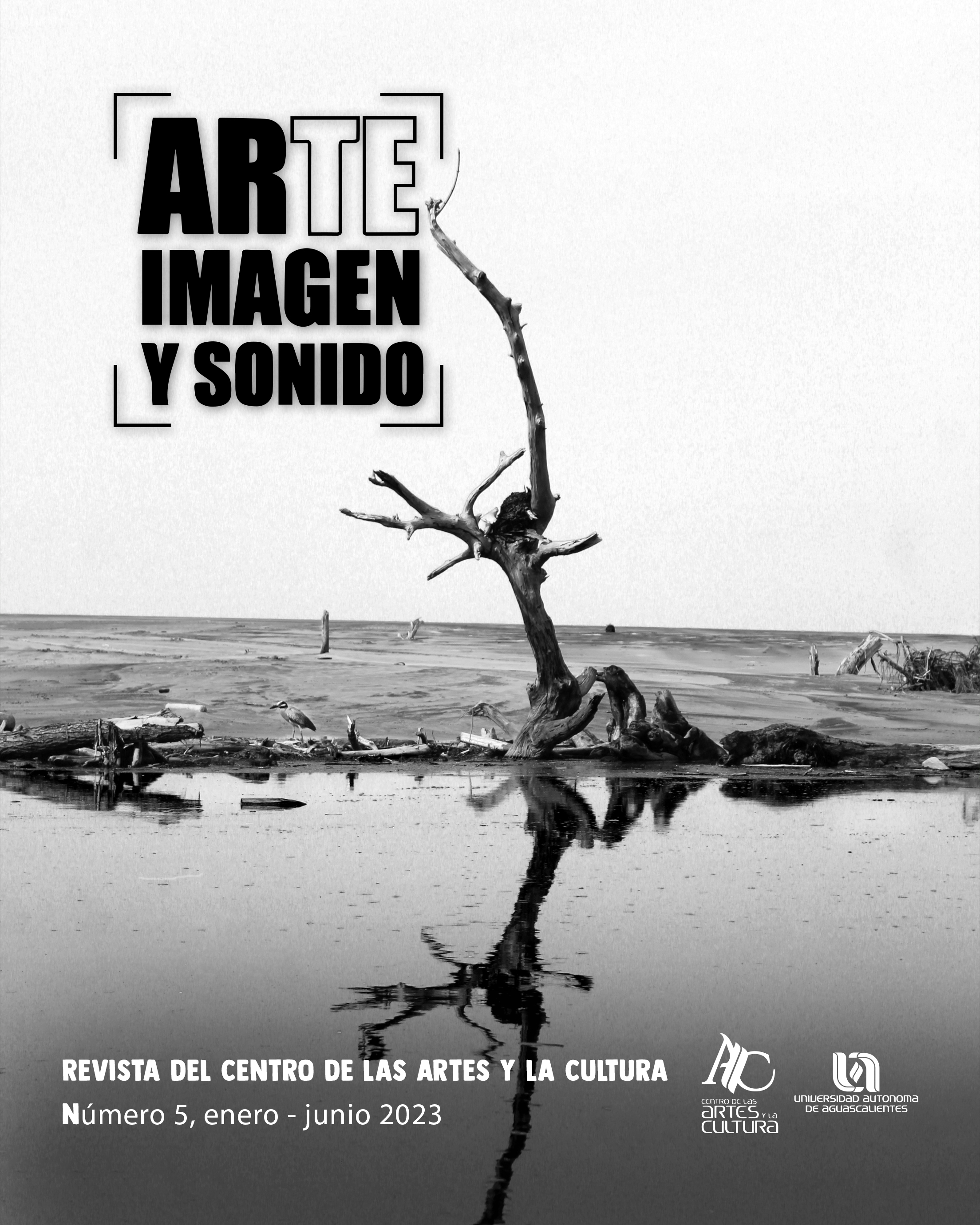Of wild vegetations and visionary witches: organicity as a critique of capitalism in Cometierra by Dolores Reyes
DOI:
https://doi.org/10.33064/5ais4187Keywords:
nature, violence, capitalism, modernity, CometierraAbstract
Dolores Reyes in Cometierra (2019) recreates one of the most complex problems that Latin American societies experience, femicide. Such term, developed first by Diana Russell and later by Marcela Lagarde, alludes to a series of characteristics that distinguish this type of murder from a common homicide, related to gender oppression. Non the less, it is the definition of Rita Segato the one chosen for this work, femicide understood as a structural crime, a consequence of the capitalist system in its apocalyptic phase. In the novel, violence responds to the precariousness experienced by the characters who live in peripheral areas, and is perceived in the image of a State that cannot articulate efforts because it takes refuge in the myth of progress. Capitalism and patriarchy are linked in what Rita Segato calls “the pedagogy of cruelty”, an expression that allows us to understand the mechanisms of violence and that refers to its normalization in a society lacking of empathy. Given this context, Reyes responds with the tracing of images of the organic, present in the protagonist's divinatory practice that consists of eating soil; the dirt that restores a kind of justice through the voice of the murdered women and the disappeared, and in the nature that invades the house of Cometierra, the young narrator.
Downloads
Metrics
Downloads
Published
How to Cite
Issue
Section
License
Copyright (c) 2023 Marcela Gándara Rodríguez

This work is licensed under a Creative Commons Attribution-NonCommercial-NoDerivatives 4.0 International License.
The copyright of the articles rests with the authors, who by publishing them agree to do so under the Creative Commons Attribution-NonCommercial-NoDerivatives 4.0 International license.












